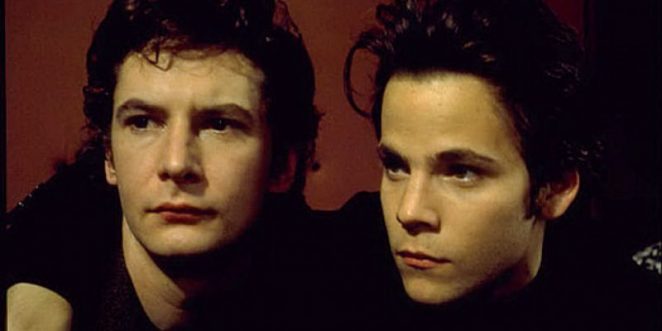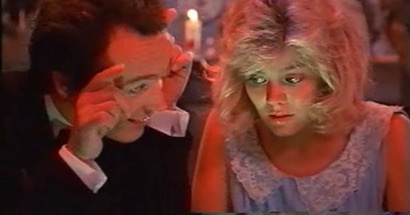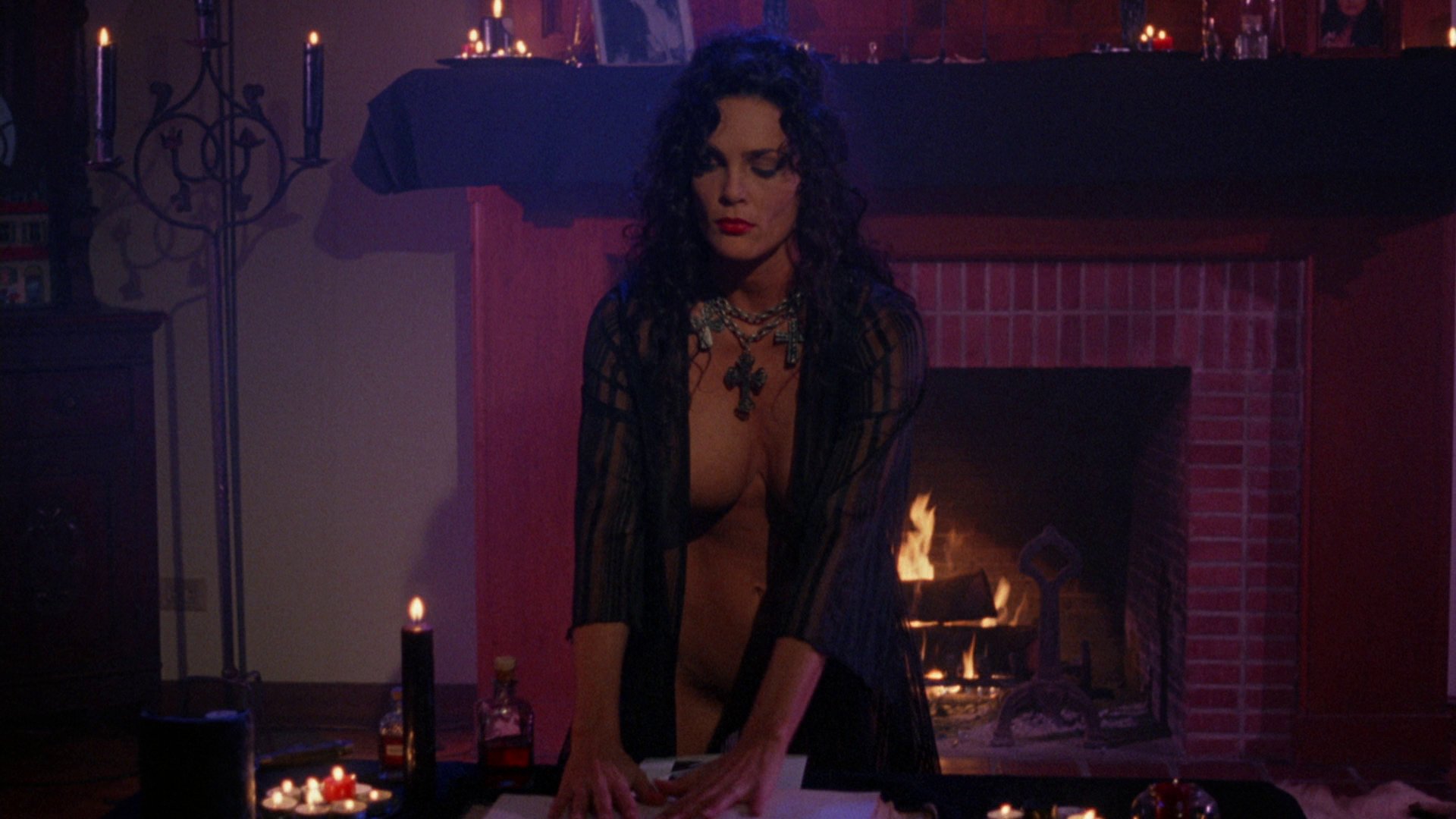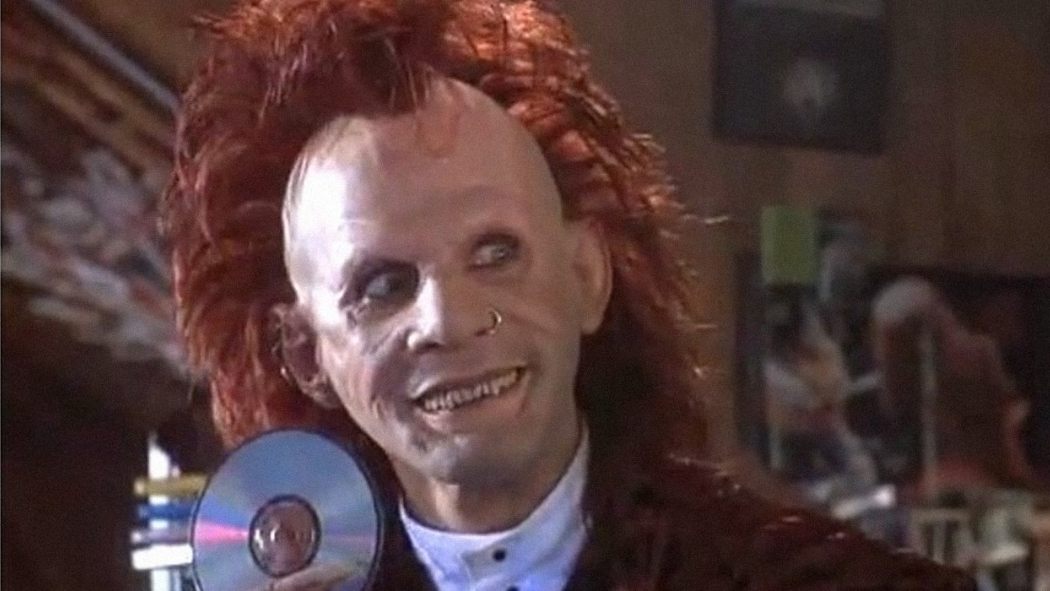It’s hard to like a film when you genuinely don’t enjoy the lead actor. It’s something I rarely worry about, as I only truly dislike one actor, but there are others I find tedious. Stephen Dorff is one of those actors. Aside from his turn in True Detective, I’ve rarely liked him in anything. So when an entire film revolves around film revolves around him it’s got an uphill battle.
Not to say that there aren’t ways to make it work.
First, make the movie about the Beatles, a group who changed the shape of music and whose personalities were just as interesting as the songs they put out. Choosing to tell a story about one of the “forgotten Beatles” (along with Pete Best) certainly hits a sweet spot for me, as it fills in the blanks in my Beatles knowledge and is unlikely to provide us with a “greatest hits” type story. Most Beatles fans know the big picture details, and focusing on their pre-Beatlemania days, working eight days a week in a grimy bar while living in it’s even grimier back rooms, gives us a chance to broaden the lore and lure of the band.
Secondly, cast the hell out of the other characters. Sheryl Lee was an excellent choice to play the German photographer, Astrid Kirchherr, who caught the eye of both Stuart Sutcliffe (Dorff) and John Lennon (Ian Hart). I was already a big fan of Lee’s after her homecoming queen turned nightmare role in Twin Peaks, and she’s just as beguiling here. Watching her photograph the band and interact with those around her, it’s easy to see how they both fell for her and why Sutcliffe made the choice to leave the band to be with her and study his art. Her performance encouraged me to do some digging into Kirchherr’s life and I was a little sad to see that the film glossed over her contributions to essentially keeping the band alive during their time in Hamburg.
Alongside Lee, it’s hard not to enjoy Hart as Lennon. We all know that while Lennon could be cheeky, witty, and charming, he could also be a complete bastard, and Hart pays equal attention to both parts of his personality. It’s obvious to see that he considers Sutcliffe his best friend, and often comes to his defense when the rest of the band wants to give him the boot, but he also harbors jealousy when his buddy gets the girl he had his eye on. His performance is full of sharp barbs that draw blood from the other characters.
Third, give the movie an excellent soundtrack. While it would’ve likely needed the budget of a Marvel movie to secure the Beatles more famous work, Backbeat gets by using many of the songs that the Beatles covered in their early days. And the movie assembled a hell of a band to do the heavy lifting including the likes of Mike Mills (REM), Dave Grohl (Nirvana), Thurston Moore (Sonic Youth), Dave Pirner (Soul Asylum), Greg Dulli (The Afghan Whigs), and producer/musician Don Fleming, no relation. That supergroup plays the hell out of every song in the movie and director Iain Softley, making his directing debut, makes the smart choice and focuses on the live performances whenever possible. The sound, alongside the performances from the rest of the band, are energetic, wild eyed, and pull you right into the movie.
Sadly the same cannot be said for Dorff. I’ve never understood his appeal and he’s out of his element here. His performance is milquetoast at best and forgettable at worst. If the entire movie is to hinge on the triangle formed between Lennon, Sutcliffe, and Kirchherr, then it cannot have a weakness that looms as large as this. I couldn’t get engaged in his big scenes and found myself wanting to see more of the Beatles instead.
Overall Backbeat was well worth a watch, but much like Sutcliffe, it will likely be an overlooked moment in Beatles history.
Rated 3 stars out of 5.



